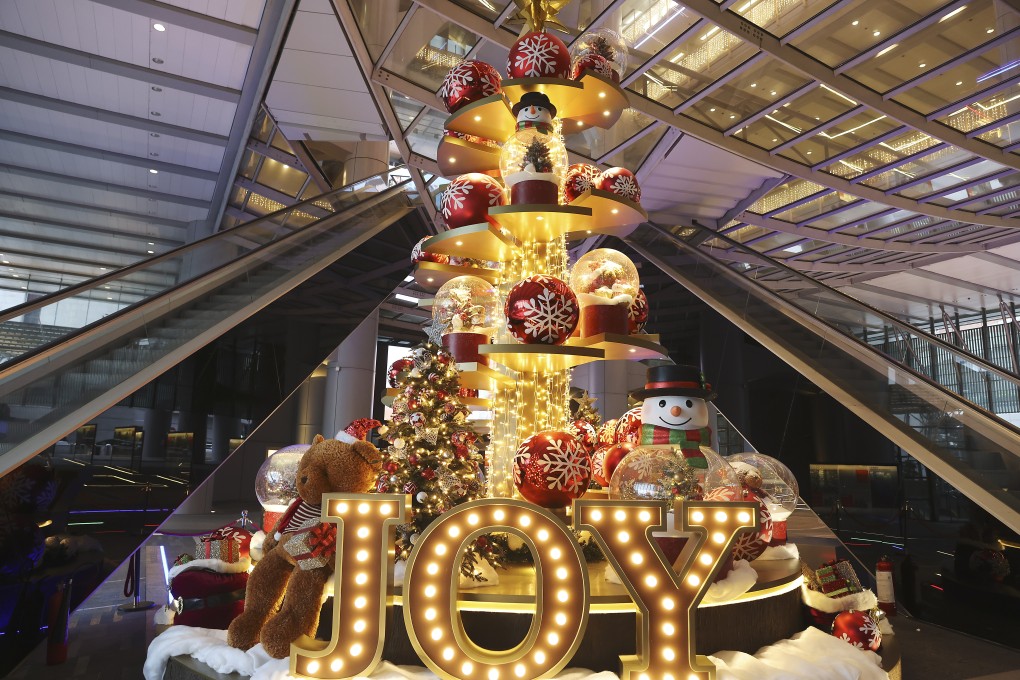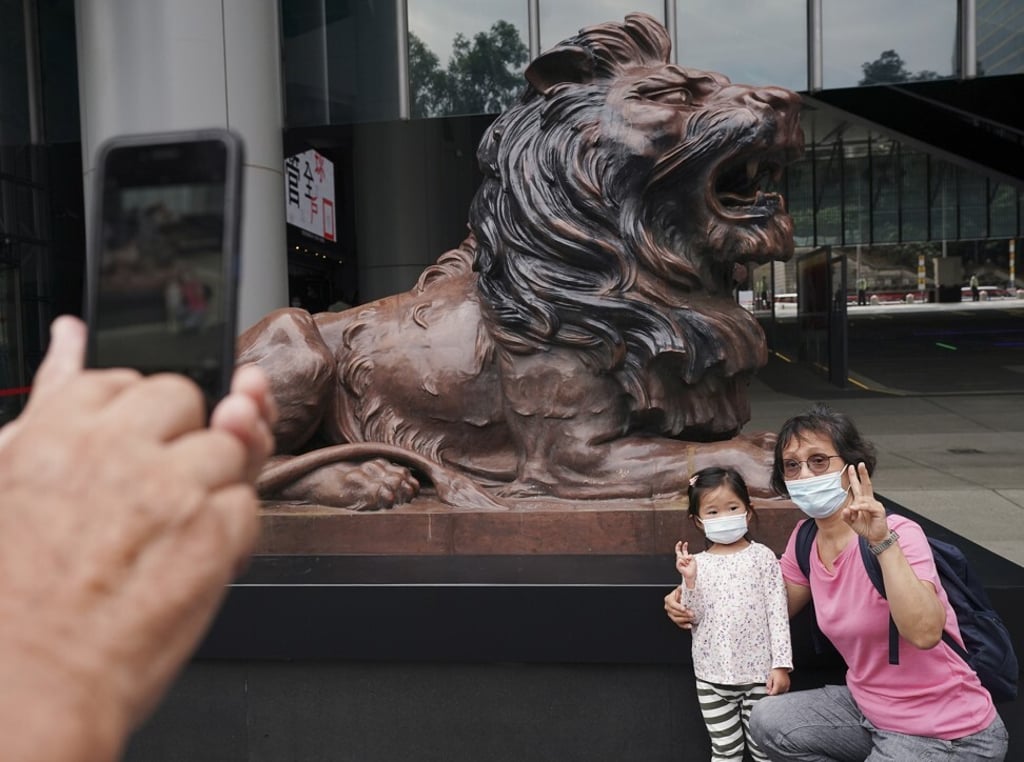Advertisement
Early Christmas gift? HSBC stock could climb further if bank is allowed to reinstate dividend this week: Goldman
- HSBC, Standard Chartered stocks could face a 20 per cent upside if their 2022 dividends reach prior levels, Goldman Sachs says
- The BoE could allow UK-based banks to resume paying dividends as soon as December 11
Reading Time:4 minutes
Why you can trust SCMP

Eight months after HSBC suspended its dividend, its shareholder base in Hong Kong appears to have fallen in love again with the biggest of the city’s three currency-issuing banks.
Battered by the dividend cancellation and increasing concerns about how a poor economic outlook and worsening US-China relations could weigh on its results, the London-based lender’s shares hit a 25-year low in September.
Just over two months later, however, the bank’s prospects – and its share performance – are looking up. As of Friday’s close, its stock in Hong Kong had risen 54 per cent from its September lows, and regained nearly all of its losses since April 1, when it cancelled its final 2019 dividend and suspended its dividends this year at the request of its primary regulator in the United Kingdom.

02:15
Hong Kong tightens social-distancing measures to cope with fourth wave surge of Covid-19 cases
Hong Kong tightens social-distancing measures to cope with fourth wave surge of Covid-19 cases
The bank’s stock could go even higher if an arm of the Bank of England (BoE) agrees to allow HSBC and its Hong Kong rival, Standard Chartered, to resume dividends later this month, according to Goldman Sachs.
Advertisement
“The [BoE’s] decision could be a positive catalyst, which could make dividend/capital returns an ‘invest’-able theme at the two banks (again),” Goldman analysts Gurpreet Singh Sahi and Martin Leitgeb said in a research report on Friday.

Advertisement
The BoE could allow UK-based banks to resume paying dividends as soon as December 11, when the central bank releases its latest financial stability report, according to Goldman.
Advertisement
Select Voice
Select Speed
1.00x